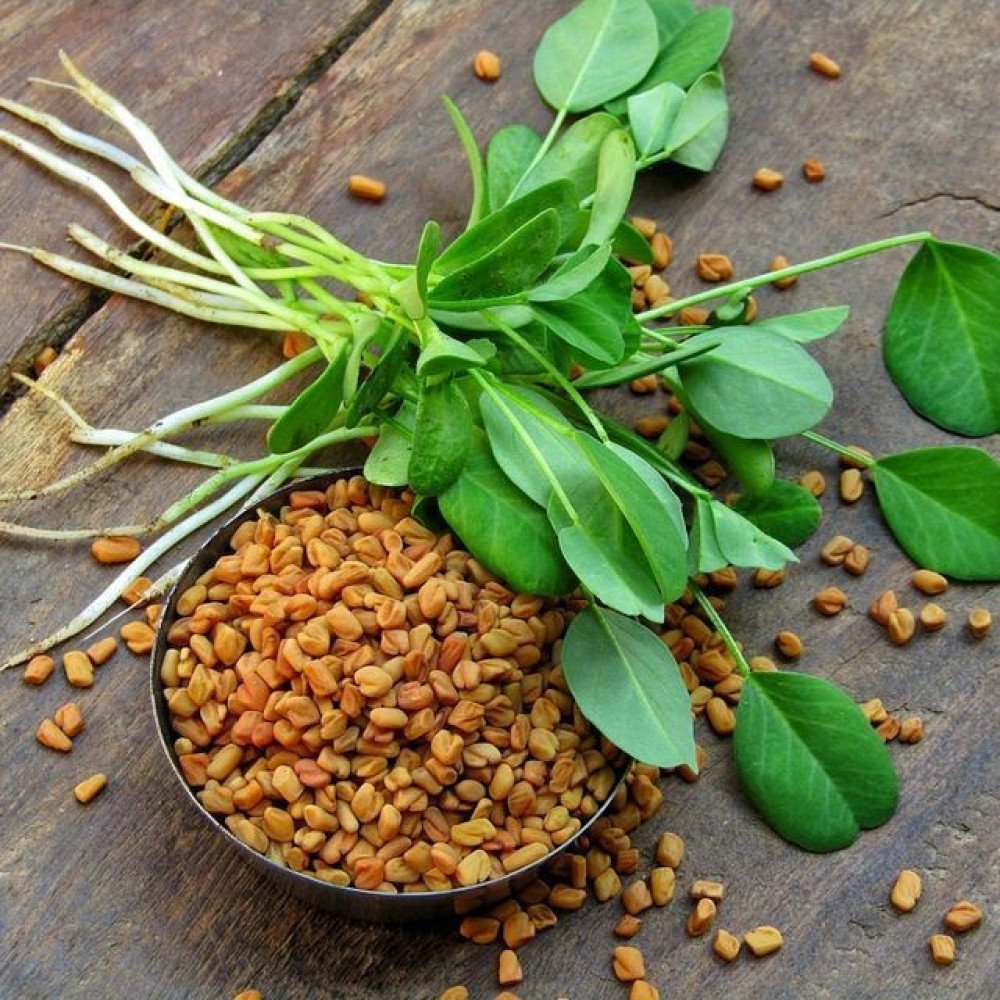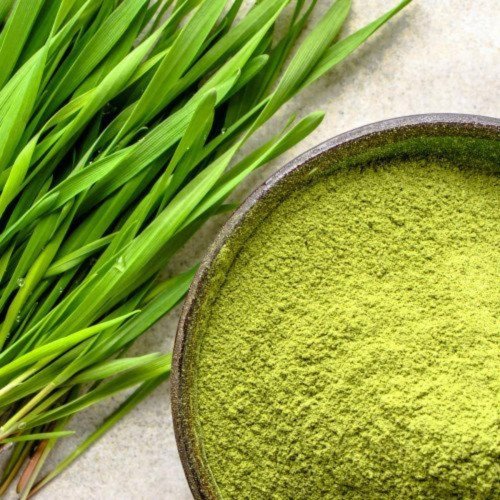Welcome to our comprehensive blog dedicated to Fenugreek, an extraordinary herb with a fascinating past, diverse culinary applications, and remarkable health benefits. In this article, we will explore the origins, varieties, and cultural significance of Fenugreek, as well as its diverse culinary uses and notable health benefits.
From its historical roots to its prevalence in Africa, including its African names like those found in Swahili, this herb has a story worth discovering. Join us on this journey to unravel the secrets and virtues of Fenugreek.
Fenugreek (Trigonella foenum-graecum) boasts a captivating history that dates spans centuries. Its origins can be traced back to ancient civilizations of Egypt, India, and Mesopotamia. Valued for its medicinal and culinary properties, Fenugreek played a vital role in ancient Ayurvedic and Egyptian traditional medicine.
Fenugreek is available in various forms, including whole seeds, ground powder, and fenugreek leaves (kasuri methi), each offering unique flavors and textures. The diverse forms of Fenugreek cater to different culinary preferences and applications, allowing for versatile usage.
Fenugreek holds significant cultural importance in Africa, where it has been integrated into traditional medicine and local cuisines for generations. Across the vast and diverse continent, Fenugreek goes by various names, abesh hulba, reflecting its regional importance.
In Swahili, it’s called "Uwatu," or “mbegu za uwatu” emphasizing its presence and relevance in East Africa. These different names highlight the herb's deep-rooted connection with African culture and its integration into local practices.
Fenugreek adds a warm, nutty flavor to a wide range of dishes, including curries, stews, bread, and pickles, elevating their taste and aroma. Dried and crushed fenugreek leaves (kasuri methi) are widely used in Indian and African recipes, imparting a distinct and enticing element.
Health Benefits:
- Regulates blood sugar levels and may aid in managing diabetes.
- Supports digestive health and helps alleviate constipation.
- Promotes lactation in breastfeeding mothers.
- Rich in vitamins, minerals, and antioxidants, contributing to overall well-being.
Fenugreek has rightfully earned its place as a beloved herb across the globe, thanks to its intriguing history, diverse varieties, and versatile applications in culinary and medicinal practices. Whether you seek new flavors or natural remedies, Fenugreek is a remarkable herb that should be embraced. Embark on a culinary and wellness adventure by incorporating this extraordinary herb into your life. Discover the wonders of Fenugreek and unlock its exceptional benefits.




Add your reply
Replies